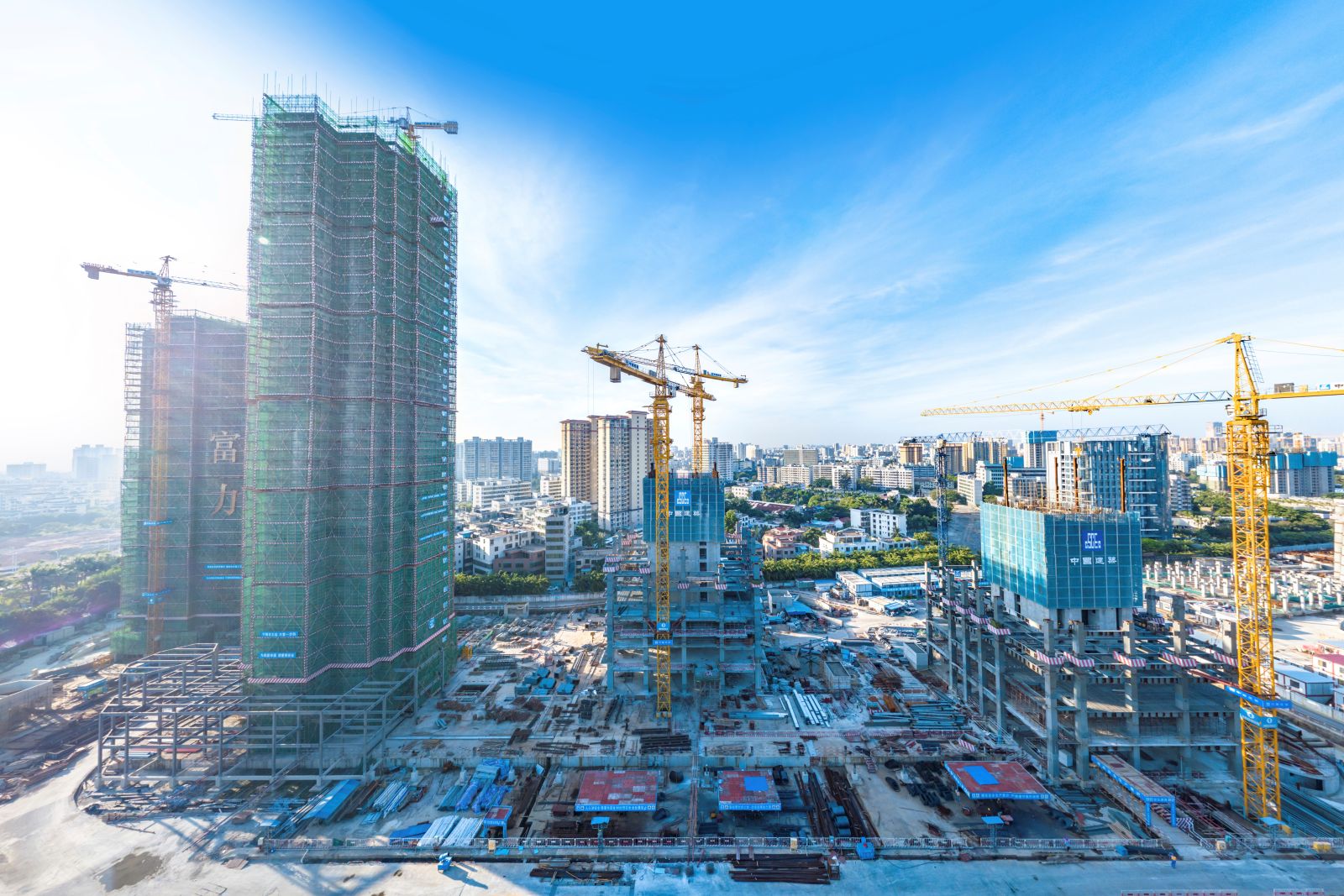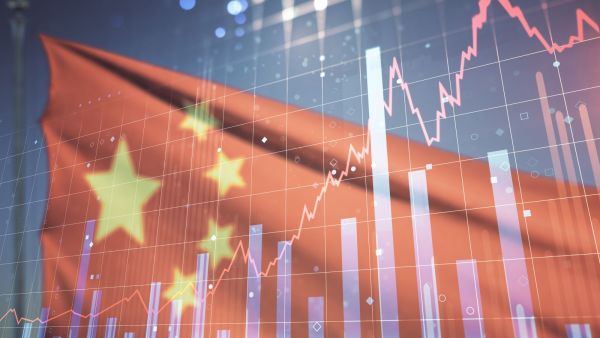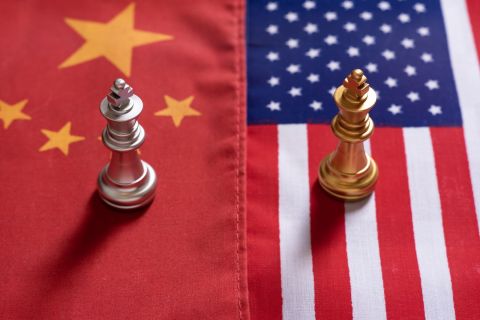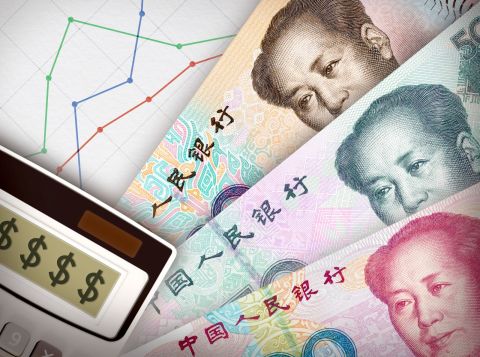Authorities introduce new China stimulus, cut stock trade tax, tighten IPOs
ALBAWABA – Chinese refining giant Sinopec reported a 20.1 percent decline in interim net profit for the first half of 2023 on Sunday, compared to the same period last year, amid new China stimulus, news agencies reported.
Sinopec’s interim profits dropped to $4.82 billion on lower crude prices despite higher refinery output and growth in fuel sales, according to Reuters.
Domestic fuel demand extended recovery in the second quarter after a 6.7 percent year-on-year increase in the first three months, led by gasoline and aviation fuel as travel and tourism picked up.

The real estate sector has been stagnant despite various minor but new China stimulus and the extension of sector-specific facilities - Shutterstock
The company's refining margin was $48.57 per ton in the first half of this year, down 33.6 percent from a year earlier, according to an official Sinopec statement.
Hong Kong-listed shares have risen 14.4 percent year-to-date, outperforming Hang Seng Index (.HSI) which has fallen 10.9 percent during the period, Reuters reported.
New China stimulus to boost markets
Meanwhile, the authorities lowered the stamp duty on stock trades for the first time since 2008 and pledged to slow the pace of initial public offerings, as part of a new China stimulus package to boost the country’s equities market.
The stock trade tax will drop from 0.1 percent to 0.05 percent as of August 28, the Ministry of Finance said in a statement Sunday, according to Bloomberg. These measures are intended to “invigorate capital markets and boost investor confidence”, the statement said.
Additionally, the China Securities Regulatory Commission cited “recent market conditions” as its rationale for slowing the pace of IPOs, without giving details on how it intends to do so.

Chinese stocks have been declining for months despite new China stimulus - Shutterstock
The CSI 300 Index has declined about 4 percent so far in 2023 after back-to-back annual losses and is underperforming a broader gauge of Asian equities by about six percentage points, Bloomberg reported.
This is a small measure out of several taken by the Chinese economic and financial authorities as part of what may be a comprehensive package of new China stimulus.
In the past few weeks, the government lowered interest rates and extended programs to facilitate financing for the stuttering real estate sector, and has urged banks and financial institutions to step up loans to boost demand in the world’s second-largest economy.









